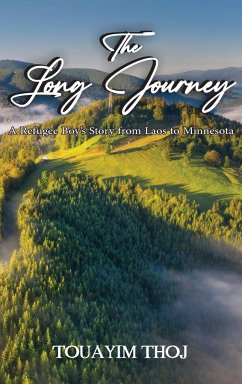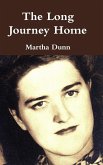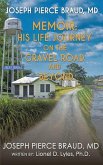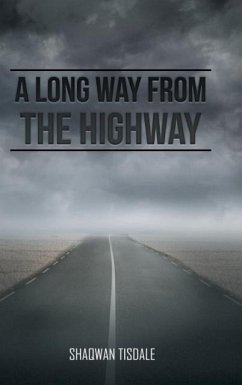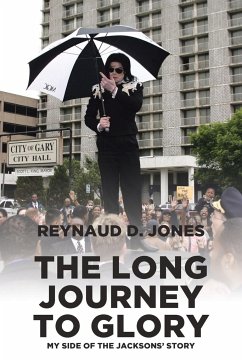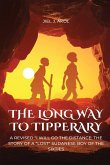The Long Journey unfolds three decades of the difficult life of a father and son in Laos and Thailand. The first wave (1950s-1960s) was village life in Laos still under the French shadow, where the father worked as a coolie on colonial French roads, heavy work beyond what human energy could sustain. The second wave was the conflict with the nearby Communist Pathet Lao (1960s-1970s). Living under their rules meant critical decisions had to be made to avoid punishment under their unpredictable political system. Touayim, the little boy without shoes, seeking safe places, not only walked to escape from the Pathet Lao, but also the US airplanes bombing the dangerous war zones. Their final wave was life under the new regime and escape to refugee camps in Thailand (1975-1980s). After Laos fell, the Communist Pathet Lao government was installed, and targeted the Hmong for imprisonment and persecution because of their affiliation with the Americans during the war. Those Hmong who could not melt into the new system feared persecution, became rebels and were hunted down in their mountain hideouts. Touayim witnessed the Pathet Lao army genocide that took place. He has accurately detailed 20 years of resistance that caused thousands of Hmong in northeastern Laos to die from starvation, diseases, and gun battles. The refugee exodus into crowded camps in Thailand created unimaginable living conditions. Sanitation and the dusty air people breathed from the winds and vehicles on the dusty roads caused serious health problems and the death of children. Human waste odors from the toilets near the crowded buildings was unbelievably strong, day and night, when walking, sleeping, or eating meals. A refugee who has experienced such a camp can tell this story better than anyone who has only heard about it.
Hinweis: Dieser Artikel kann nur an eine deutsche Lieferadresse ausgeliefert werden.
Hinweis: Dieser Artikel kann nur an eine deutsche Lieferadresse ausgeliefert werden.

